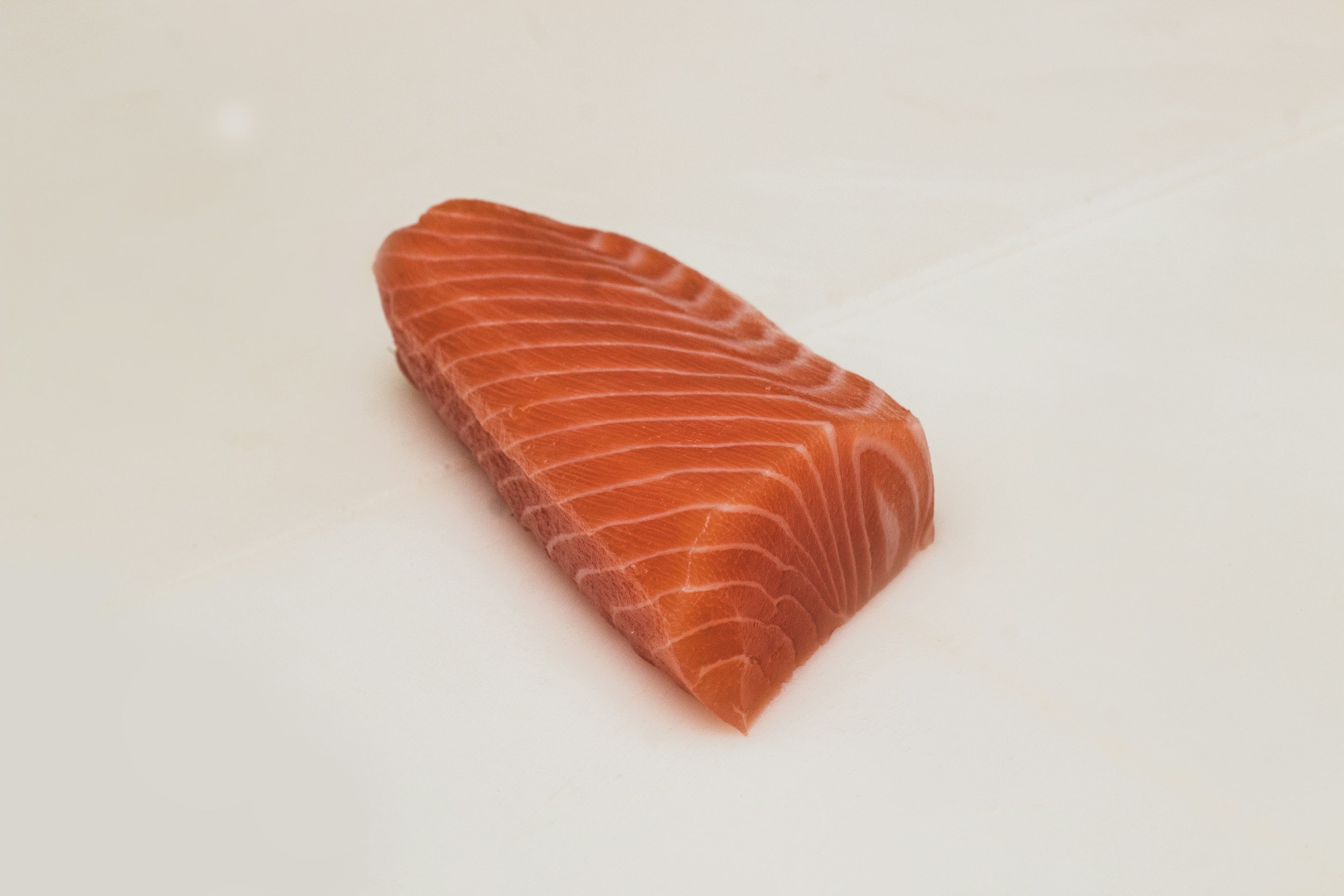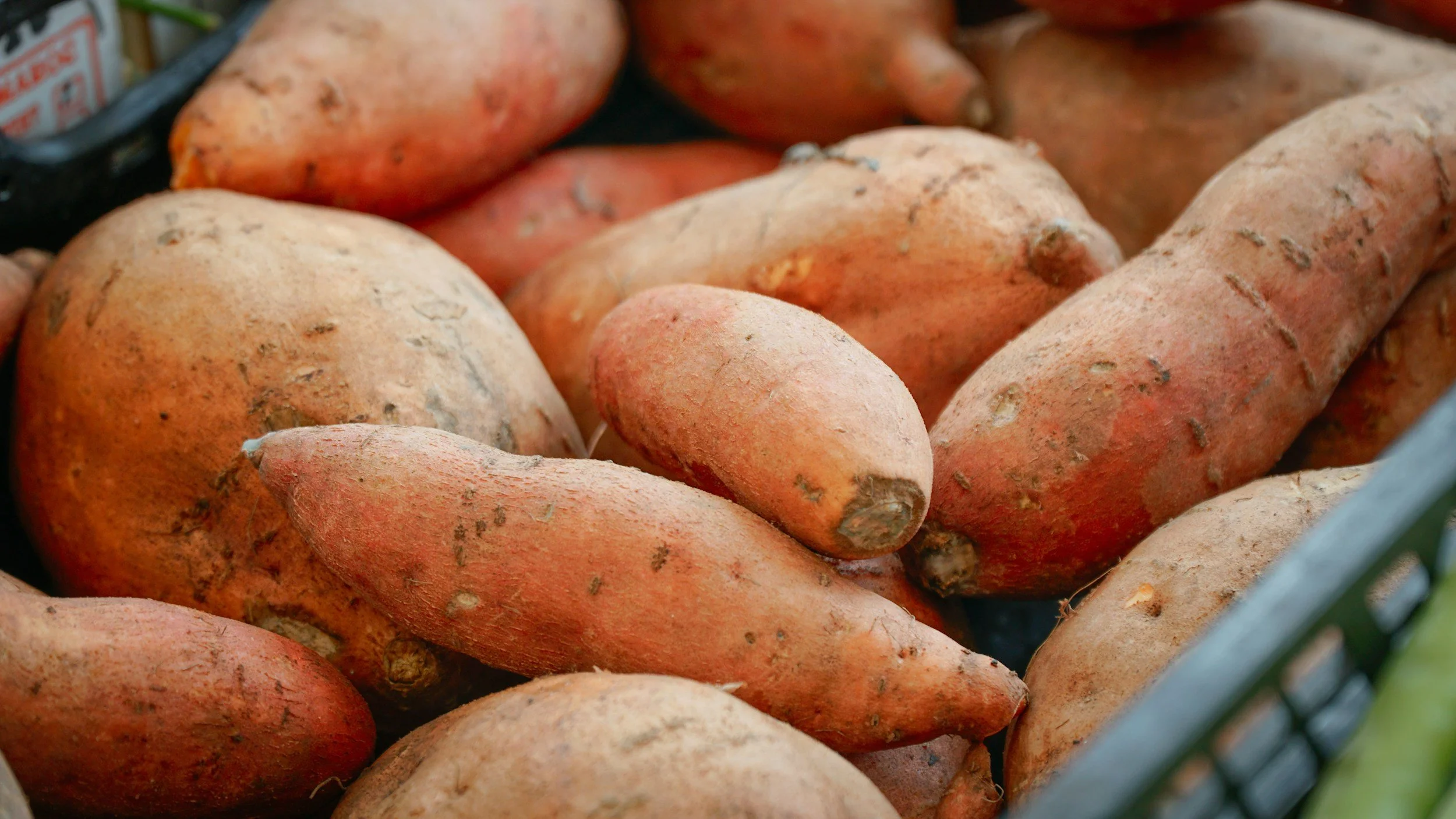My Top 10 Foods for Pregnancy
1. Eggs
Choline, Protein
Eggs provide protein for tissue repair and sustained energy during pregnancy. Choline, which eggs are one of the best sources of, can also support liver and placenta function for pregnant mothers. For baby, choline is essential for healthy brain development, memory, and nerve function. Like folate, choline is associated with lower risk for neural tube defects in early pregnancy.
In traditional cultures around the world, eggs are considered a complete, accessible, and nourishing food.
Tips: In pregnancy, it’s generally recommended to cook eggs until the yolk is firm. Hard-boil a batch for quick snacks. Scramble with veggies for a fast, nutrient-dense meal.
2. Lentils
Folate, Fiber, Iron (Non-Heme)
The high fiber content of lentils can help to prevent the common pregnancy complaint of constipation. They are one of the best food sources of folate, which is critical, especially in the first trimester, to prevent neural tube defects like spina bifida. Lentils provide a natural, high dose of folate (1 cup = over 90% of daily needs), directly supporting cell division and DNA synthesis.
Lentils have been a traditional staple in diets worldwide for centuries, providing affordable, dense nutrition and grounding energy.
Tips: For quick cooking, use pre-cooked canned lentils (rinsed well) in tacos or salads. If starting with dried lentils, make sure to sort through and pick out any debris, and then soak for several hours before cooking for maximum nutrient absorbtion. Blend into soup for a creamy, high-fiber base.
3. Salmon & Fatty Fish
Omega-3s (DHA/EPA), Vitamin D
For mothers, Omega-3s support mood and may reduce the risk of preeclampsia and postpartum depression. For babies, DHA is the primary structural fat in the brain and retina; crucial for cognitive and visual development. Another benefit of Omega-3s is that they can greatly enrich breast milk and promote healthy brain development.
Current guidelines recommend 8−12 ounces of low-mercury fatty fish weekly. DHA crosses the placenta efficiently to support fetal brain and nervous system development.
Coastal cultures have long relied on fatty fish as a potent source of health and fertility.
Tips: Bake or broil. An easy way to prepare salmon or other fatty fish is baked wrapped in parchment paper at a high temperature, seasoned lightly with salt, pepper, herbs, and a squeeze of lemon.
4. Dark Leafy Greens
Iron (Non-Heme), Vitamin K, Folate, Calcium
For mothers, the iron from dark leafy greens can help with the increase in circulating blood volume (up to 50%) and prevent the likelihood of iron-deficiency anemia. As mentioned earlier, folate supports healthy cell growth and neural tube development. Vitamin K is essential for blood clotting factors, and calcium can help reduce the risk of osteoporosis in mothers, especially during breastfeeding. The combination of iron and vitamin C can increase nutrient absorption; Try adding a squeeze of citrus to cooked greens, or enjoying with some sauteed bell peppers.
Dark leafy greens are often consumed as tonics or broths in many traditions to "build the blood" and restore vitality.
Tips: Blend a handful into a fruit smoothie. Quickly sauté spinach or kale with olive oil and garlic as a side dish.
5. Plain Yogurt/Kefir
Calcium, Probiotics, Protein
The probiotics found in yogurt support a healthy gut microbiome and may reduce the risk of GBS (Group B Strep) colonization. For baby, calcium is required for building strong bones and teeth.
If maternal calcium intake is low, the baby takes calcium from the mother's bones, increasing future osteoporosis risk. Probiotics support maternal immune health.
Fermented dairy has been used for millennia to preserve nutrients and aid digestion.
Tips: Choose plain, whole fat, unsweetened varieties. Use as a base for parfaits with berries and seeds. Excellent substitute for sour cream or mayonnaise.
6. Beef/Bone Broth
Heme Iron, Protein, Vitamin B12
Heme iron is the most easily absorbed form, maximizing red blood cell production. Bone broth provides hydration and important minerals. Protein is the building block for all fetal tissues, including muscles and organs.
Iron requirement doubles in pregnancy. B12, found in beef, is essential for nerve health and red blood cell formation.
Rich, slow-cooked broths and meats are traditional "confinement" foods for postpartum healing and recovery.
Tips: Current guidelines are to always cook beef to well-done. Sip warm bone broth as a hydrating, mineral-rich beverage or use it as the liquid base for rice or grains.
7. Sweet Potatoes
Beta-Carotene (Vitamin A), Fiber, Potassium
Fiber supports healthy digestion and can help to reduce blood sugar spikes. For baby, beta-carotene is converted to Vitamin A, which is essential for developing fetal eyes, skin, and bones. Sweet potatoes are also a good source of potassium, which is important for maintaining healthy blood pressure.
Sweet potatoes are considered a nourishing, energy-dense root vegetable in cultures globally, often used for grounding meals.
Tips: Roast diced sweet potatoes with cinnamon for a snack. Mash and use as a healthy substitute in baking or pancakes.
8. Oats
Soluble Fiber (beta-glucan), Zinc, Magnesium
Beta-Glucan fiber helps stabilize blood sugar, which can reduce fatigue. Magnesium is a valuable mineral for maternal health, and can have a calming effect, as well as reduce the likelihood of headaches and muscle pain in pregnancy. Zinc is a mineral that is important for both maternal and fetal immune systems.
Soluble fiber intake is strongly correlated with improved maternal blood glucose control. Oats provide long-lasting, complex carbohydrate energy.
Used as a gruel or porridge for centuries, oats are known as a warming, restorative, and lactation-supporting food.
Tips: Prepare overnight oats in the fridge for a zero-cook breakfast. Use ground oats as a binder in meatloaf or meatballs.
9. Berries/Citrus Fruits
Vitamin C, Antioxidants, Hydration
Vitamin C is essential for collagen production (skin, ligaments) and immune function. For baby, vitamin C found in many berries and fruits supports the development of the cartilage and bones.
Vitamin C is important because it enhances the absorption of iron when consumed together.
Brightly colored, seasonal fruits are traditionally consumed to cleanse the body and provide vital energy during illness or change.
Tips: Keep washed berries in the fridge for easy snacking. Squeeze fresh lemon or orange juice directly over iron-rich greens or beans.
10. Pumpkin Seeds
Zinc, Magnesium, Iron
Pumpkin seeds are one of the best sources of magnesium, which helps relax muscles, potentially reducing leg cramps and supporting sleep. Zinc is important for baby’s cell division, immune system development, and regulating gene expression.
Zinc has also been shown to potentially reduce the risk of testing positive for GBS in pregnancy. A handful of pumpkin seeds is an easy snack and great way to increase zinc consumption.
Seeds are often considered vital health foods in many traditions, representing fertility and providing concentrated energy.
Tips: Buy them sprouted and sprinkle them on salads, soups, or yogurt for a quick crunch and nutrient boost.
Conclusion (+ Free Recipes)
I hope you’ve enjoyed this list, and learned a few things! While this is by no means an exhaustive list of everything that can support a healthy pregnancy, these are some foods that I really like to focus on. If these aren’t foods you regularly enjoy, I challenge you to try to incorporate just one or two into your meals this week and see what you think!
As a way to get you started, I have created a free recipe collection with 20 different, easy meals that incorporate at least one of these wonderful ingredients! Click the button below to head to the download page, where you can get the beautiful PDF I made specifically to go along with this list of foods. I hope you enjoy!










